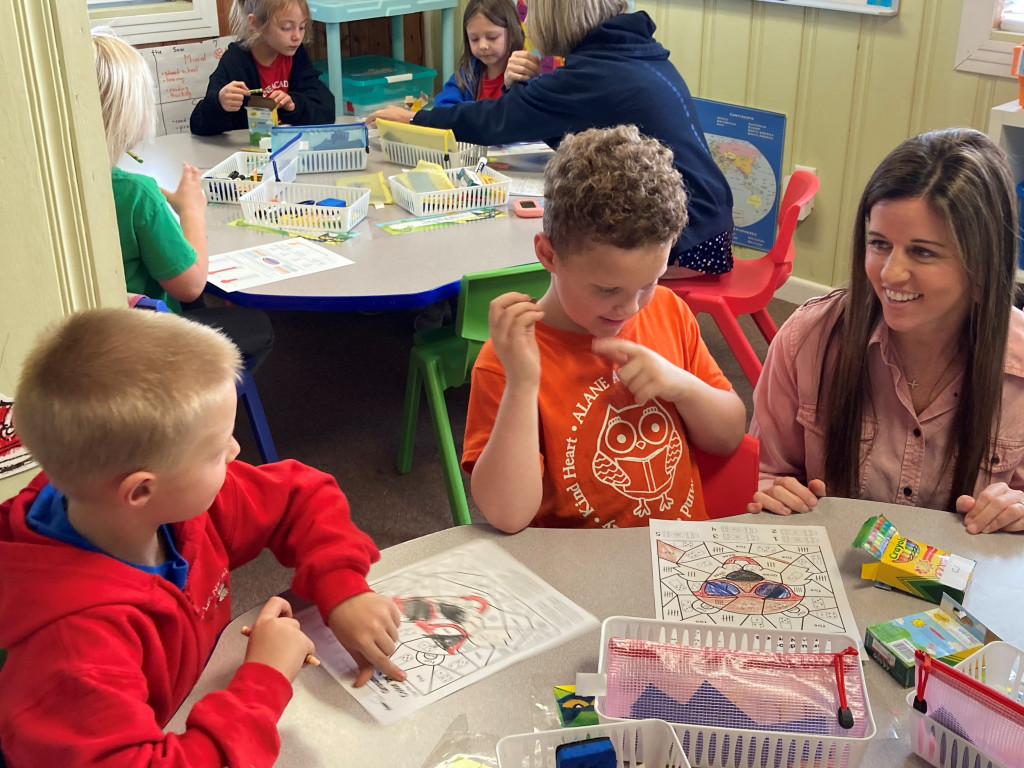
Editor’s note: The Step Up For Students team of Ron Matus, Amy Stringer and Ronda Dry, as part of an ongoing effort to document the positive effects of education choice on educators as well as families, provide an overview in this post of their recent survey with 177 teachers who moved from public to private schools. You can view the full report here.
These are not joy-filled times for America’s public school teachers. A Merrimack College teacher survey last spring found only 12% were “very satisfied” with their jobs, down from 62% in 2018 and the previous low of 33% in 1986.
More education choice might help.
We surveyed former public school teachers in Florida who switched from public schools to private schools, a transition enabled in part by Florida’s steady expansion of private school choice. And guess what? They’re far happier in their new digs.
In fact, 92% of the switchers said they were more satisfied or far more satisfied.
Our survey also found:
- The switchers like the values proposition. “Better alignment with morals and values” was the leading reason they were more satisfied, at 67.9%.
- They like the freedom. Other top reasons included more freedom to teach (66.7%); less bureaucracy (62.9%); and less pressure with standardized testing (61.6%).
- They’re politically diverse. 36.6% of the switchers identified as Republican, 19.4% as Democrat, 16.6% as independent, and 3.4% as something else.
The survey findings synch with insights shared with us by another group of educators – a group who left public schools to start their own private schools. Our special report on that can be found here.
In both cases, teachers appear to be signaling their preference for work environments that maximize their autonomy. Policymakers across America who are wrestling with challenges in teacher recruitment, retention, and satisfaction should take note.
Beyond all the benefits to students and families, more choice might mean happier teachers, too.



Mr. Ron, my concern, when the Government or Governor give raises to teachers to Public School but the Private sectors are never considered in these raises, likecwe dont matter, but we are Educators as well and more Parents are turning to the Private Choice, so whats up with that. Although, we may own or teach in a private school, we should not be elimated, do they really think it doesn’t matter to us, but it does. You may publish this message.
God Bless for the work you do for us.